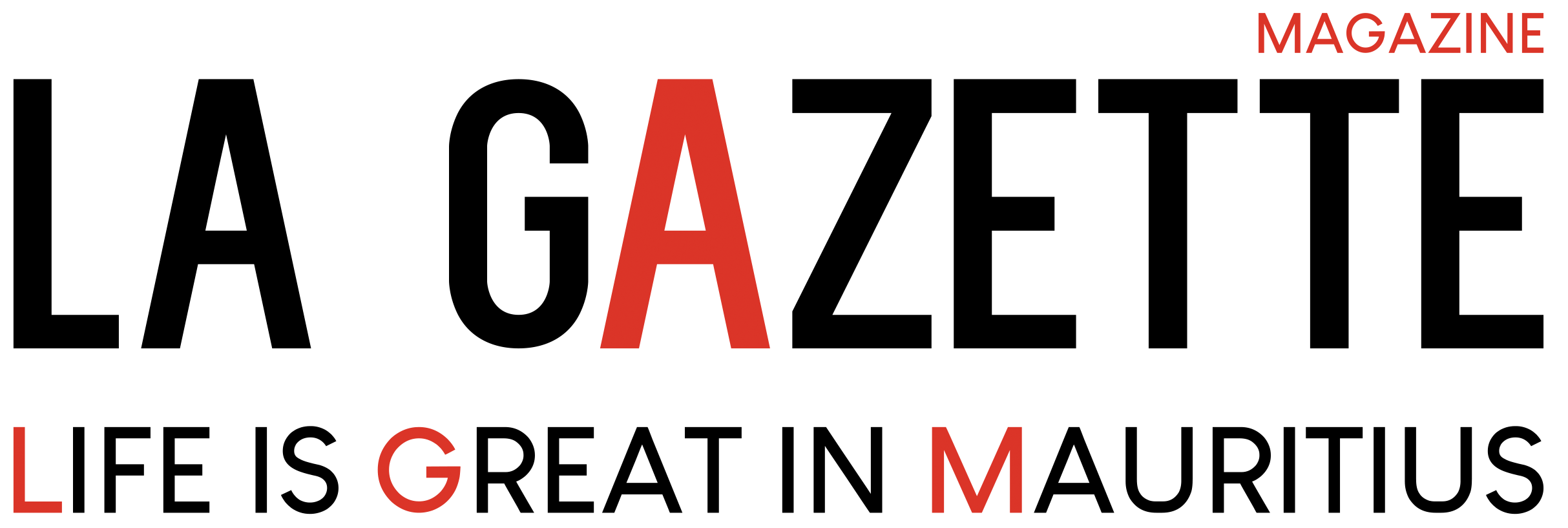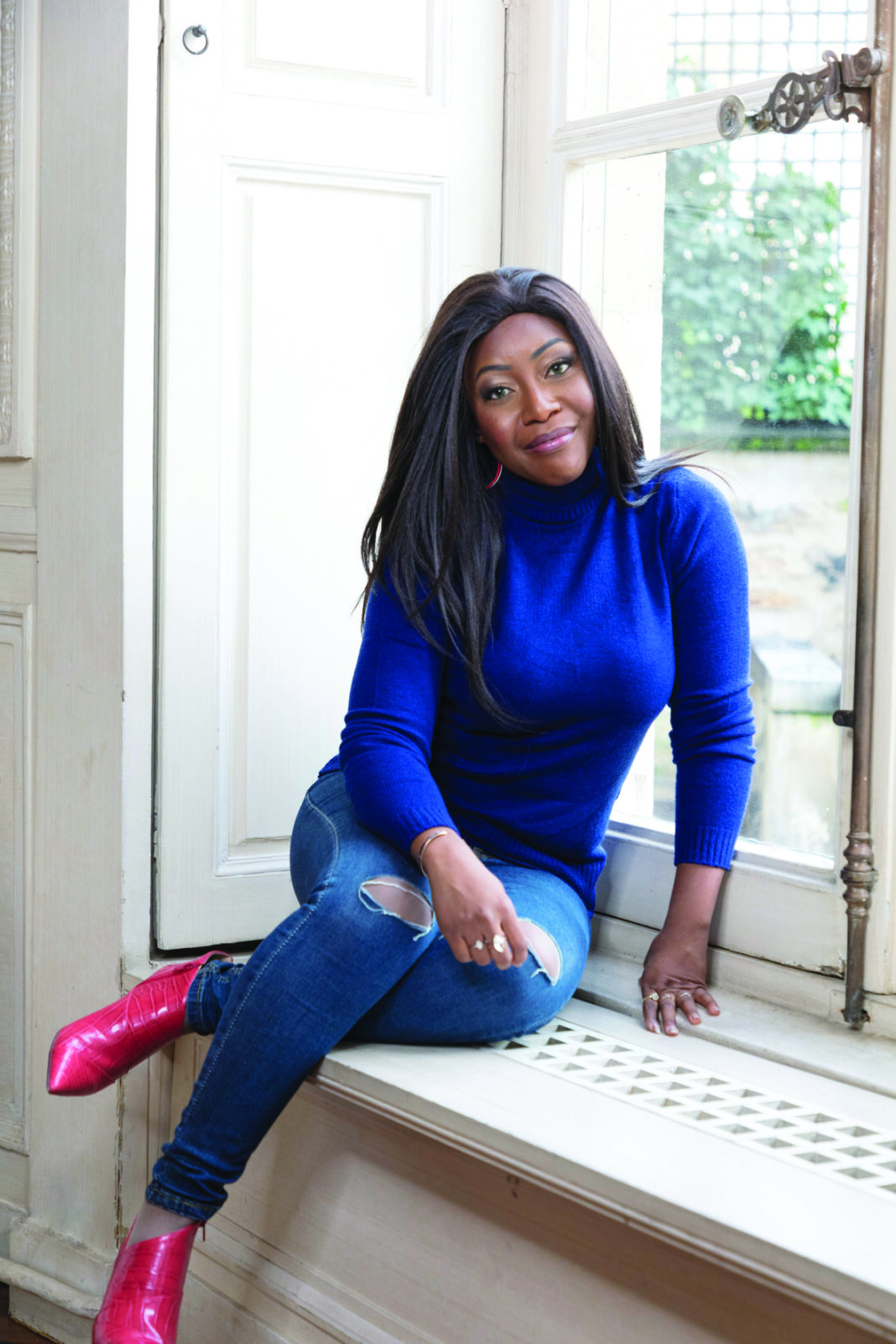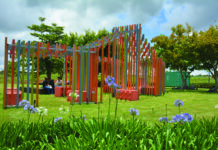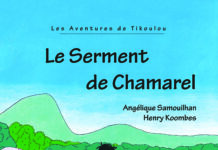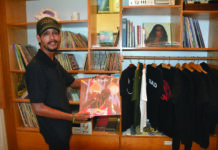Some students at the Lycée des Mascareignes were disappointed that cyclone Belal prevented them from attending class on January 15, as they were due to meet novelist Gaëlle Bélem to discuss her latest novel, Le fruit le plus rarefrom which they had studied the text and drawn some questions. The meeting did not take place, but the story of Edmond Albius marked… Dominique Bellier
Gaëlle Bélem took the world by surprise in 2020 with her first novel, Le monstre est là, derrière la porte, a lively satire of the current social misery in her homeland. She became the first woman from Réunion to be published by Gallimard, and the town of Saint-Denis awarded her the Grand Prix du roman métis.
Last year, she took her readers by storm again by changing the subject completely, going back in time and archives to recount the life of the slave botanist who perfected the technique of fertilizing the vanilla flower, thereby enriching dozens of planters who began to exploit this very special fruit, present in the majority of households, in one form or another, in the kitchen or bathroom…
Although his fate was exceptional compared to that of his fellow slaves, Edmond Albius never received the recognition he deserved for his discovery. Settlers simply got rich off him, believing it to be the natural order of things. The abolition of slavery on this French island in 1848 did little to reverse the trajectory of this fascinating destiny.
Gaëlle Bélem wanted to step out of her comfort zone by choosing a historical figure, but here she remains true to her “love of chronic losers and professional losers who evolve in a society where they are forbidden to progress”, she told us over the phone, as Belal began to drift away from Maurice. “I myself come from a modest background, and their story moves me. Naël Schaouqi, a final-year science student, enjoyed reading this novel, which is “less raw than botany lessons. I was surprised to learn that the fertilization of vanilla was discovered by a slave, and to realize through this book all the repercussions it had afterwards…” Disappointed on Monday not to be able to meet the author, Alexia Hardy, a 1st year science student, loved “this true story, which has a real importance in the cultural history of Reunion Island”. Marie Baucheron, a Mauritian teacher of literature, believes that this novel raises questions about the mini-France we are trying to recreate on our sister island, and about the representation of the world we make when meeting others… Indeed, even though he is his slave, Edmond never ceases to fascinate his master, Ferréol, who initiates him into botany, and opens the Pandora’s box of tropical species…


